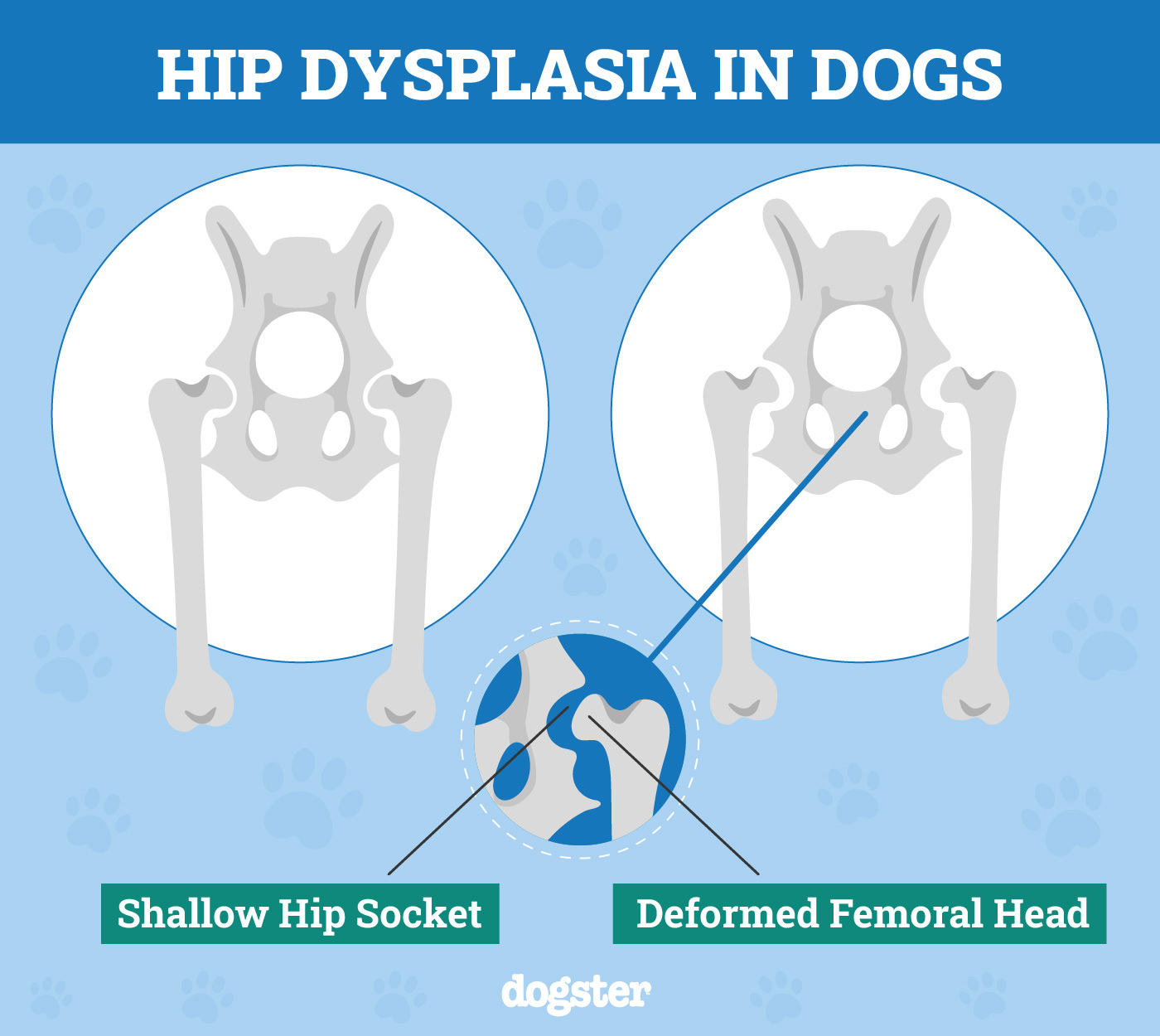West Highland White Terriers, or Westies, as they are affectionately called, are small-breed dogs, ranging between 15–20 pounds when fully grown. Originally bred in Scotland, Westies are an attractive breed due to their playful, energetic personalities. Although the Westie’s popularity has declined, they continue to be a well-recognized breed due to their unique appearance. West Highland White Terriers are prone to certain medical conditions. Continue reading below to learn more about the conditions that impact Westies.

The 15 West Highland White Terrier Health Issues
1. Skin Infections
It is estimated that 66% of Westies will develop skin infections by 3 years of age.1 Skin infections can be caused by environmental allergies or potentially food allergies. Signs of allergies vary; however, they can include hair loss, intense itchiness, skin infections, and ear infections.
Allergies can be managed in a variety of ways, from dietary changes to immunomodulators. Often, a multimodal approach yields the best results. Westies can also develop a skin disorder called epidermal dysplasia, which causes thickened, scaling skin, and intense itchiness. Yeast infections are a common sequela to epidermal dysplasia. There is no cure for this skin disorder; however, supportive care can offer improvements to affected Westies.

2. Pulmonary Fibrosis
Westies can develop lung fibrosis, or scarring of the lungs, that can lead to labored breathing, wheezing, and excessive coughing. Pulmonary fibrosis is most often seen in West Highland White Terriers over any other breed. This condition cannot be definitively diagnosed through imagining alone. The definitive way of diagnosing a patient with pulmonary fibrosis is through a biopsy of the lung. There is not a cure for this condition, but steroids and bronchodilators can help improve clinical signs.
3. Luxating Patellas
Unfortunately, Westies are prone to luxating patellas, a condition in which the kneecap falls in and out of place. When this occurs, patients may be temporarily unable to put their leg down and bear weight. As this repeatedly occurs, arthritis can form secondary to abnormal movement of the knee cap. Surgical correction and appropriate pain control are available for dogs who experience discomfort.
4. Hip Dysplasia
Hip dysplasia is another orthopedic issue to be mindful of as a Westie owner. As puppies, dogs with hip dysplasia have poorly formed hip joints which leads to laxity, instability, discomfort, and muscle wasting in the hind limbs. Sometimes, discomfort in these dogs is not noted until later in life. Supportive care is often used for these dogs; however, surgery may be pursued in severe cases.

5. Legg-Calve-Perthes
This painful condition impacts the hip joint of young puppies through the destruction of the femoral head of the femur. The exact cause is unknown, but the destruction of the femoral head is due to decreased blood flow to the bone. Puppies suffering from this condition may require a Femoral Head Osteotomy (FHO) where the femoral head is surgically removed, or a total hip replacement.
6. White Shaker Syndrome
White Shaker Syndrome is a condition that is still not well understood but tends to occur most often in white, small-breed dogs in early adulthood. Signs of shaker syndrome include tremors, which can be limited to the head or can affect the whole body. Dogs with Shaker syndrome can have improvement of their clinical signs using steroids, which leads veterinarians to believe that this is a type of autoimmune disease. Overall prognosis for Shaker syndrome is good.
7. Inflammatory Bowel Disease
Dogs with inflammatory bowel disease (IBD) often experience diarrhea, vomiting, reduced appetite and weight loss. This occurs due to an inflammatory response in the intestines which can be triggered by a food allergy, parasites, and bacteria. Ongoing inflammation of the intestinal tract leads to poor digestion and absorption of nutrients. IBD is often treated with diet changes, antibiotics, and steroids.

8. Chronic Liver Disease
Westies can develop liver disease, or hepatopathy that can eventually lead to liver failure due to ongoing inflammation of the liver. Some Westies with chronic liver disease have elevated copper levels in their liver, which can contribute to liver failure. Signs of liver disease vary but can include depression, weight loss, jaundice appearance, and fluid accumulation in the abdomen.
Seek veterinary advice if you’re concerned about your pet’s well-being.
If you need to speak with a vet but can't get to one, head over to PangoVet. It's our online service where you can talk to a vet online and get the advice you need for your dog — all at an affordable price!
9. Craniomandibular Osteopathy
In craniomandibular osteopathy (CMO), dogs experience a non-cancerous growth of bone, which most often occurs in the lower jaw. This condition impacts young puppies, typically before 7 months of age. Radiographs are used to help diagnose this condition. Due to the discomfort associated with CMO, dogs are often placed on anti-inflammatory medications that must slowly be tapered over time. Fortunately, the prognosis is good for young puppies with this condition.
10. Keratoconjunctivitis Sicca
Keratoconjunctivitis sicca (KCS) is commonly referred to as dry eye and often impacts Westies. Dry eye is when the amount or quality of tears is poor, usually due to an immune-mediated process. Dry eye results in a thick tear film that doesn’t distribute well across the cornea and results in the drying of the cornea.
Dogs with KCS will often have thick, yellow-green discharge present and are more prone to corneal ulcerations. Chronic dryness of the eye can lead to vision changes. Fortunately, there are medications that can help combat this process.
11. Transitional Cell Carcinomas
All dogs can experience bladder cancer; however, Westies tend to be more prone to the development of transitional cell carcinomas than other breeds. This is the most common bladder cancer, and it impacts the cells lining the bladder, prostate, and urethra. Dogs affected with TTC experience signs of straining to urinate, blood in the urine, and recurrent urinary tract infections. Even with treatment, the prognosis for dogs with TCC is poor.

12. Diabetes Mellitus
Diabetes mellitus is a condition that most people are familiar with. West Highland White Terriers appear to be more predisposed to the development of this endocrine disorder than others. Dogs with diabetes mellitus have high circulating glucose levels which leads to increased water intake, increased urination, cataract formation, weight loss, and urinary tract infections.
Dogs with diabetes mellitus must receive insulin to combat high circulating levels of glucose. Insulin is administered through a subcutaneous injection. Dogs diagnosed with diabetes mellitus must be closely monitored for changes in their condition and require lifelong treatment.
13. Hyperadrenocorticism
Westies can develop hyperadrenocorticism (Cushing’s disease) in which the adrenal gland is overactive and results in an increased amount of circulating steroids. Dogs with Cushing’s disease can experience weight gain, a pot-bellied appearance, and an increase in water intake and urination. There are medications designed to combat the physical effects of hyperadrenocorticism.
14. Hypoadrenocorticism
Dogs with hypoadrenocorticism (Addison’s disease) face a different problem, as their adrenal glands produce too little steroid and associated hormones. Dogs with Addison’s disease can have a variety of clinical signs that can wax and wane including diarrhea, lethargy, and weakness. Some dogs with undiagnosed Addison’s disease may present in shock. Fortunately, there are treatment options available to dogs with hypoadrenocorticism that allow them to live happy lives.

15. Polycystic Kidney Disease
Westies are more likely to develop polycystic kidney disease compared to other dog breeds. Dogs with this disease develop cysts on their kidneys at a young age. As the dog matures, the cysts replace normal functioning kidney tissue. As a result, dogs with polycystic kidney disease will develop signs associated with kidney disease and failure which include increased water intake, increased urination, hesitant appetite, and weight loss. Unfortunately, this condition cannot be cured, but dogs with kidney disease can be supported through special diets, fluid therapy, and symptomatic care.

In Summary
The West Highland White Terrier is an attractive breed with a personality as unique as their physical attributes. Westies will need routine medical care, with special attention needed to identify early signs of the above disease processes. As with any breed, there are pros and cons to the Westie breed, and special consideration should be given prior to adoption.
Featured Image Credit: Nixx Photography, Shutterstock























4 Responses
I currently have a LaHasapoo, and he is now 8 years old, and I know what is coming in a couple years, and am looking ahead for a 'replacement' and wanted to know more about the Westies since I like their looks and watch them on the internet. Then, I read up on them and found out how much medical care they need. My dog has some allergies, but not really that much, and has been wonderful with some monthly grooming for that fast-growing coat. I have to rule out the Westie.
Hello Ron,
thank you for your message. Don't worry, there are so many dog breeds out there, so ruling out one is not that big of an issue! Plus there are some breeds that are similar to Westies, such as Maltese or Bichon Frise. Maybe Maltipoo would be a good breed to look at?
Best of luck!
I have a Westie that I adopted. I just couldn't understand why anyone would give her up. She was 8 years old, now she is 11.
I have had her to the Veterinarian so many times with the same skin infections, and I am paying over $100 a month for allergy medicine and a shot. She also uses Optimmune, another 65 a tube that lasts 2 months if I am really conservative with it's usage.
She is a very picky eater. I just read that Westies are prone to have problems with copper. which is in all dog foods. I am trying to find a food that is lowest in copper, without having to get a prescription food. I know they are very expensive.
Do you have any advice? I love this little girl so much. I think this is why the former owner gave her to the adoption rescue. I am sure they just couldn't afford her anymore. I do without things to see that she has her medicines. I am on SS and it is hard.
Anyone have any ideas?
Hi Brenda, thanks so much for reaching out. It sounds like your Westie is in such loving hands—she’s very lucky to have you!
We know how challenging and expensive ongoing care can be, especially when you're on a fixed income. Regarding the copper sensitivity, you're right—Westies can be prone to issues related to copper. Some limited-ingredient or homemade diets may help, and there are a few non-prescription foods that are naturally lower in copper. That said, because of her allergies, it’s important to work with a vet to find the safest option.
If you want to discuss your concerns with one of our online vets, you can visit PangoVet.com. It’s more affordable than visiting a clinic in person, and the vet can review all of your dog’s history and help create a personalized care plan. You can book a time that works for you here: https://pangovet.com/schedule-appointment/.
We’d love to support you and your sweet girl—looking forward to speaking with you both!